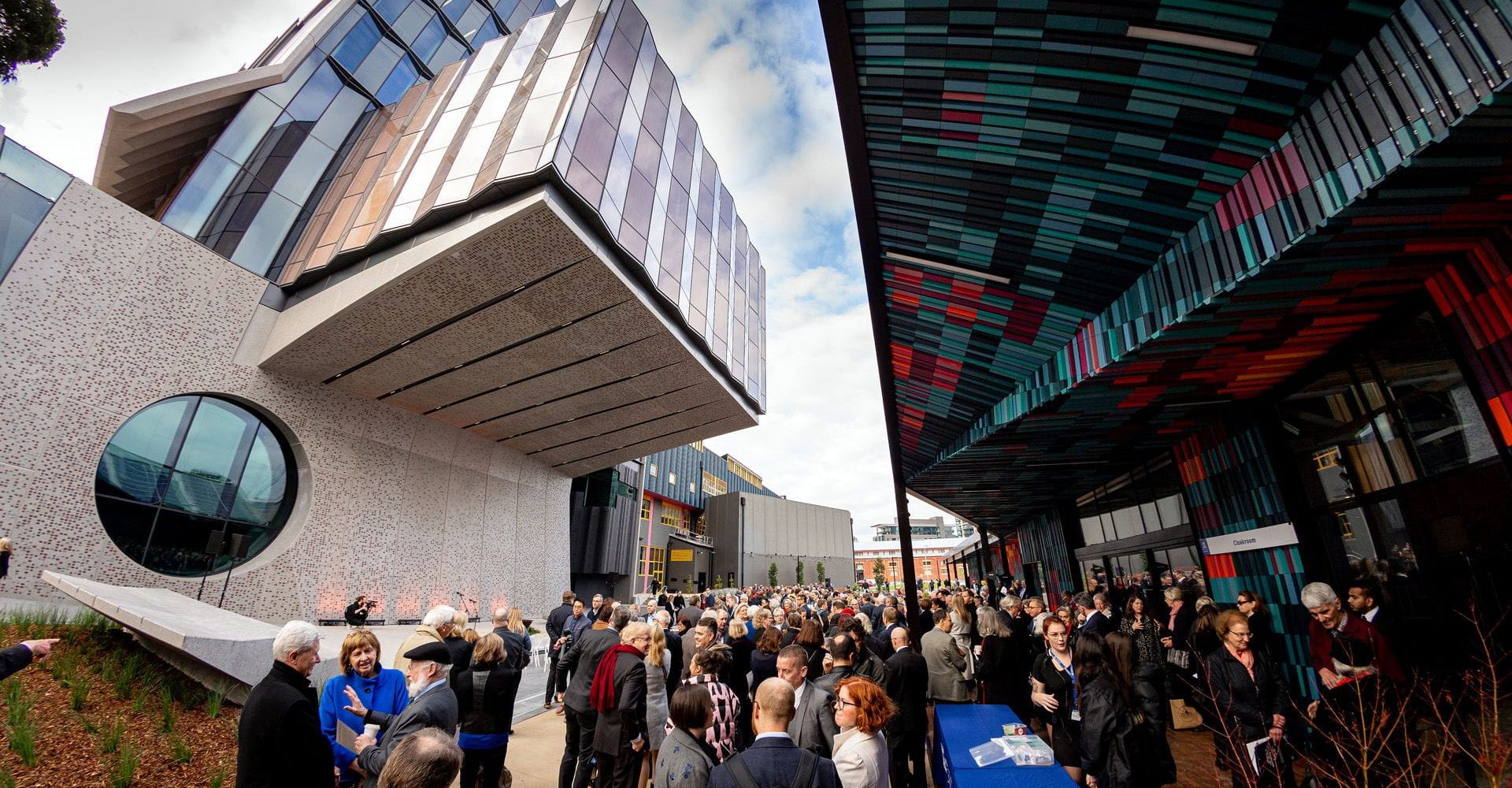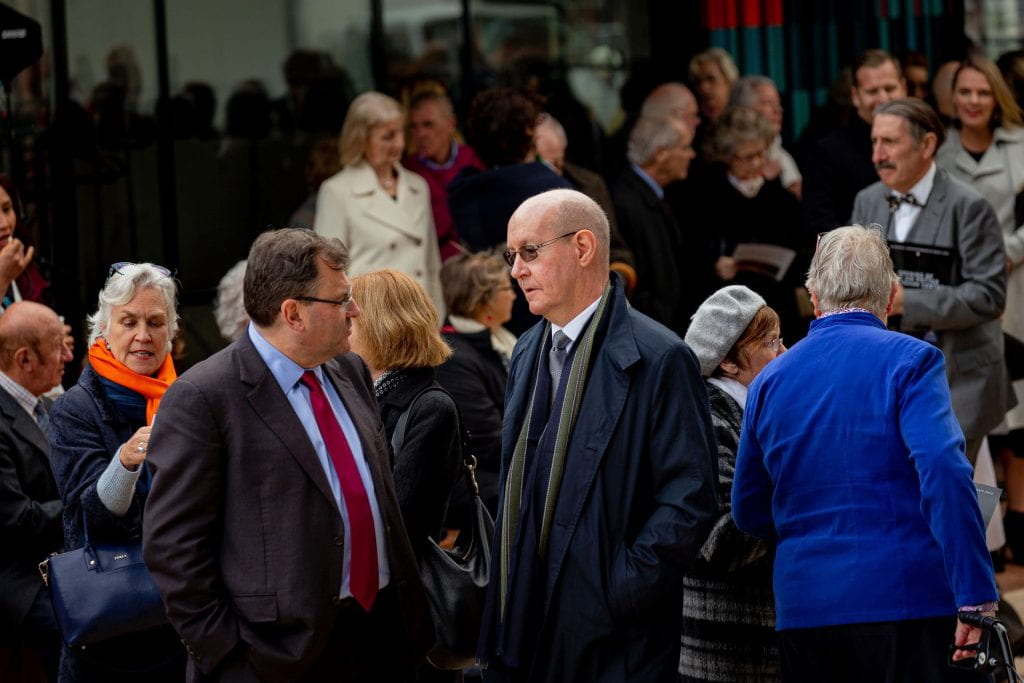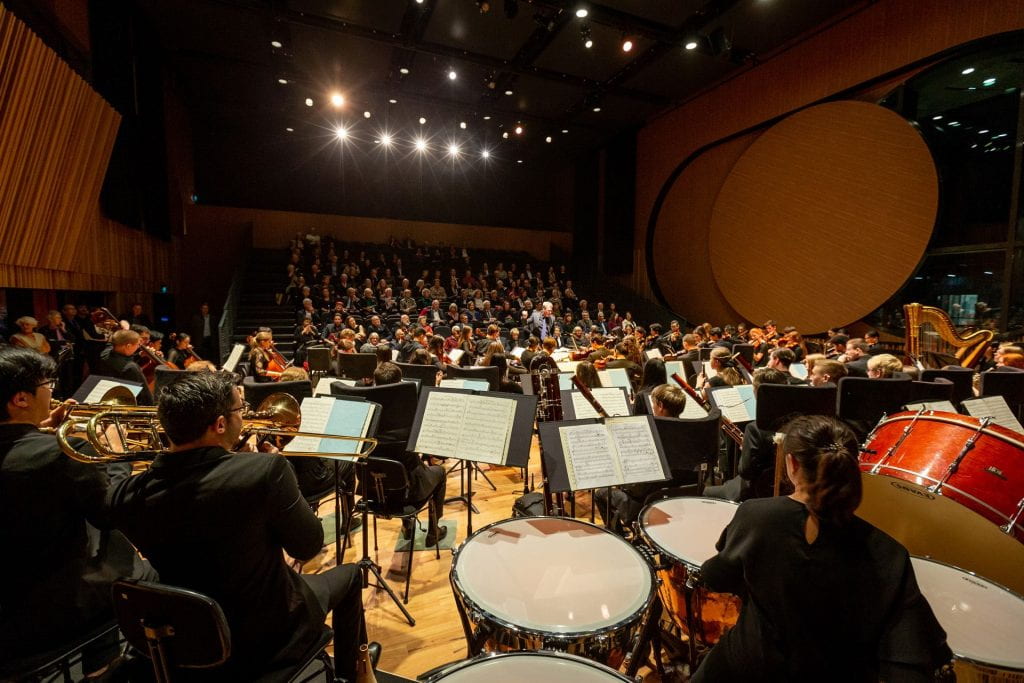The International Symposium on Performance Science, Melbourne – what you need to know

The International Symposium on Performance Science (ISPS) is a biennial meeting of performers and scientists that provides a platform to discuss all facets of performance and the skills that underpin it. Ahead of this year’s symposium – convened by Melbourne Conservatorium Director Professor Gary McPherson, the Conservatorium’s Dr Solange Glasser and the Royal College of London’s Professor Aaron Williamon – we talk to Professor McPherson about what we can expect.
Hi Gary. Can you tell us about the International Symposium on Performance Science (ISPS) 2019?
The ISPS is a biennial conference of the world’s leading researchers and practitioners who are interested in more fully understanding and enhancing human performance. Many of the participants work in the area of music but, as the symposium is interdisciplinary, it includes others who study dance, theatre, sport and business, as well as various other domains of skilled human activity that are often performed under stress or the scrutiny of an audience. Our conference – held in our new conservatorium building, The Ian Potter Southbank Centre, is organised according to a number of strands:
- Development and learning: understanding how people learn and become competent in skill-based areas of learning, including formal and informal learning and teaching approaches.
- Proficiencies: the types of skills, knowledge and understandings needed to flourish as a practitioner or professional in these areas. This includes performance skills and competencies, such as practice, training, memory, improvisation, expression, interpretation, and body movement, among others.
- Performance practice: this is more aligned with historical aspects of how the skills were practised and performed in previous times or centuries. For music, this includes aspects of authenticity or “historically informed” performance practice. It also includes social and historical contexts and interactions and techniques of playing in ensembles or as a soloist.
- Psychological: studies on motivation, perception, behaviour (what one is doing), cognition (what one is thinking), affect (what one is feeling) and identity (self-confidence, beliefs, investment, resilience, buoyancy).
- Enhancements: methods for enhancing performance, such as physical and mental awareness.
- Medical: health-related issues, physiology, brain mechanisms, medical ailments.
- Scientific: this includes scientific considerations of instruments, venues, instrument construction.
- Innovations: emerging technologies, including simulation training programs, motion capture, online learning, technologies, virtual reality.
ISPS attracts upwards of 300 delegates from around the world. It was established by Professor Aaron Williamon from the Royal College of Music, London, and the first conference was in 2007 (Porto, Portugal).
Why has Melbourne been chosen for this year’s event?
I’ve been to a number of previous conferences and was a keynote speaker at the 2015 conference in Kyoto, Japan. Over the years, I have collaborated on a number of research and writing projects with leaders within the organisation, including Aaron Williamon, who is part of a team of researchers (who also include Paul Evans, UNSW and Peter Miksza, Indiana University) for one of my most recent ARC Discovery Projects (more information here and here).
Melbourne was chosen because we have a world-class team of music psychologists whose work aligns with the goals and aspirations of ISPS. And we could think of no better way of disseminating our research findings than hosting ISPS2019.

Can you give us an overview of some likely highlights from your point of view?
William Barton opens the symposium as the Featured Keynote Performer on the evening of 16 July with a performance that will showcase to our international audience this remarkable musician’s ability to vastly expand the horizons of the didgeridoo – and the culture and landscape it represents. Our very own Professor Jane Davidson, Deputy Director of the ARC Centre of Excellence for the History of Emotions, will discuss her research, which is sure to be a highlight. Professor Zach Hambrick, from Michigan State University, will focus his keynote on the nature and origins of expertise in complex domains such as music, sports and science.

Scientia Professor Andrew Martin of UNSW will explain his theory and work as it relates to motivation, engagement, and achievement in various areas of human learning, including the arts. And Professor Mark Wiggins, a leader in organisational psychology from Macquarie University, will discuss expert performance, particularly in the context of cognitive skills such as diagnosis and decision-making when engaged in high-level performance and within complex areas of human performance.
How is performance science taught and researched at the Melbourne Conservatorium?
Our Music Psychology Laboratory undertakes research, learning and teaching around the key concept of what it is for individuals and societies to be musical, and the ways music forms an invaluable aspect of everyday life. Our researchers collaborate and engage with other disciplines and organisations in ways that foster exploration, innovation and experimentation.
We work in close association with our sister laboratory at the Melbourne School of Psychological Sciences – the Clinical and Music Neuroscience Laboratory – and collaborate on projects within the Music, Mind and Wellbeing Initiative (MMW) at the University of Melbourne.
The Music Psychology Laboratory provides an innovative and overarching framework, within which is housed three key areas of music research, teaching and engagement:
- Psychology of Music focuses on the role music plays in every society and culture, and how it is an important part of all aspects of life, including various social, recreational and cultural occasions. Utilising a range of methodologies, our research initiatives seek to understand the role and purpose of music for individuals and communities, and the ways people engage with music and use it to regulate their moods and emotions in ways that reinforce wellbeing.
- Performance Science involves the interdisciplinary study of human performance within music. We draw on methodologies across various scientific disciplines to understand the fundamental skills, mechanisms and outcomes of music involvement that enhance the delivery of various forms of professional music performance and music creation.
- Performance Teaching applies empirical evidence from music psychology related to skill acquisition, practice quality, and motivation, to explore targeted interventions that can be utilised by musicians and teachers and implemented within music education settings, both formal and informal.
We also have students undertaking a range of breadth options in this area, with subjects such as Music Psychology; Music and Health; Creativity, Genius, Expertise and Talent; Music, Mind and Wellbeing; Peak Performance; Music Performance Science; Music in Everyday Life. We also offer a masters and PhD in Music Psychology. The quality of our staff, and the students and grants they attract, make us one of the world’s leading lights in the area of music psychology.
The International Symposium on Performance Science 2019 runs from 16–20 July 2019 at The Ian Potter Southbank Centre, University of Melbourne. More details.